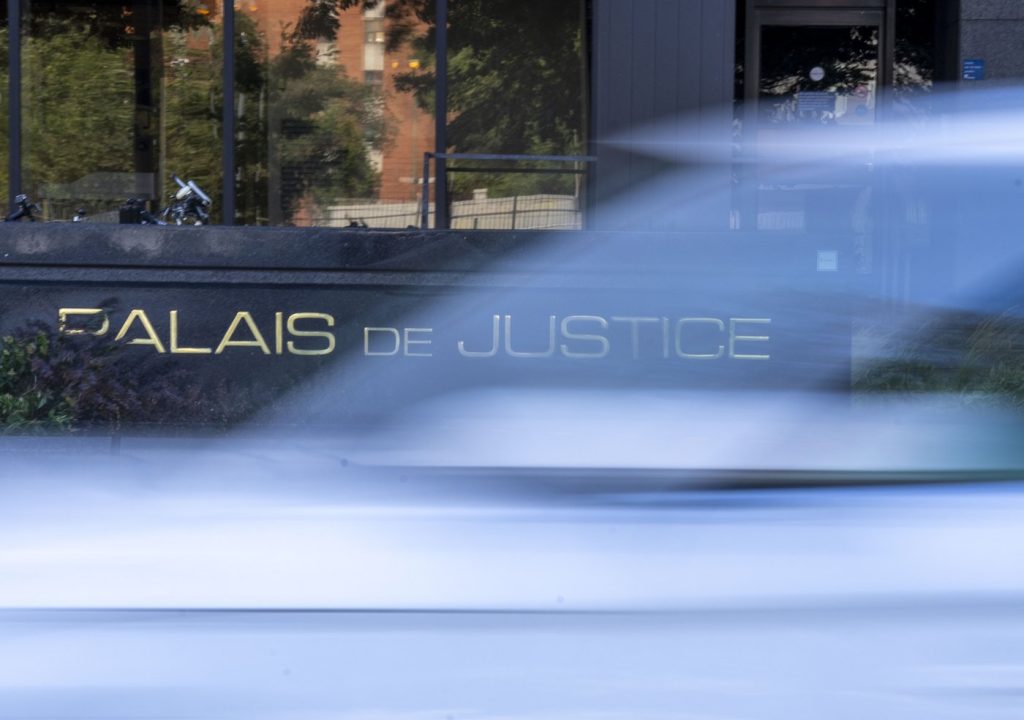Mohawk Mothers feel pushed aside in the search for unmarked graves
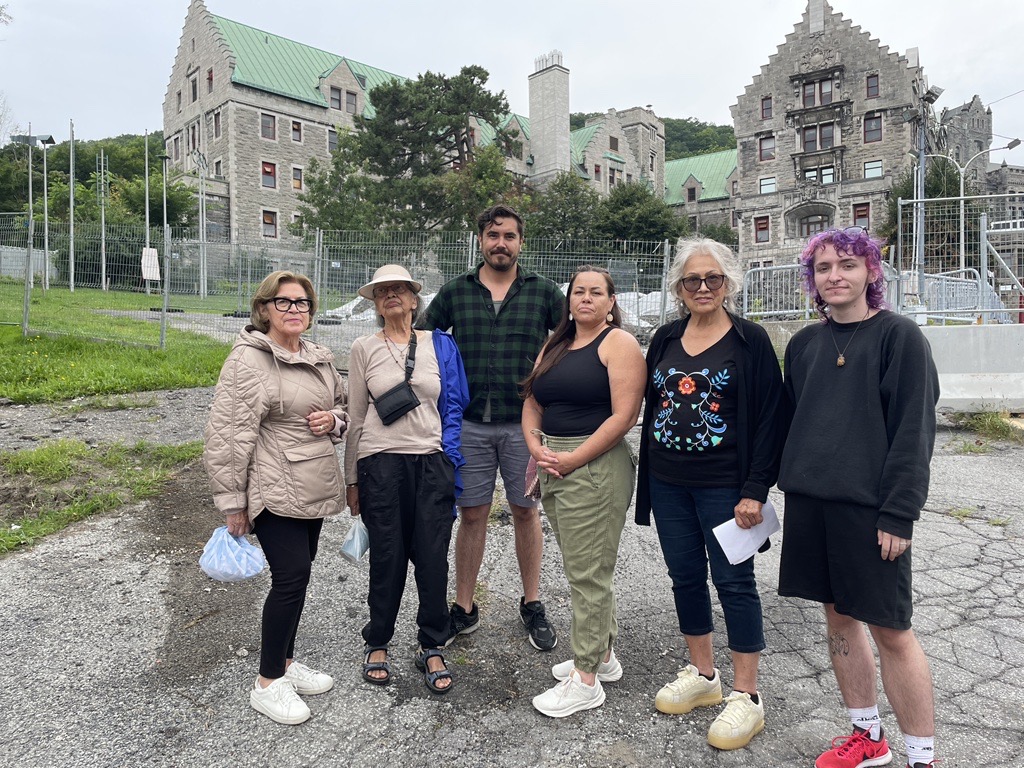
Posted August 7, 2023 3:52 pm.
Last Updated August 7, 2023 7:18 pm.
The Mohawk Mothers, say following multiple events, the group feels pushed aside by McGill University and Quebec’s Infrastructure Society in the search for unmarked graves here at the former Royal Victoria Hospital in Montreal.
“The main goal of this is to find our children, and every grey area that there is being manipulated… by SQI and McGill, instead of being Indigenous led,” says Kwetiio a member of the Kanien’kehá:ka kahnistensera or the Mohawk Mothers.

The Mohawk Mothers say they are being pushed aside in the search for unmarked graves at the former Royal Victoria Hospital in Montreal.
(Felisha Adam, CityNews Image)
Both McGill and the Quebec’s Infrastructure Society (SQI) signed a Settlement Agreement by the Quebec Superior Court on April 2023, the agreement listed several recommendations including an Indigenous-led investigation of unmarked graves.
One week after excavation began, cultural Monitors and Elders who are mandated to be on site when work is underway were kicked off of the site, by security enforced by the SQI. In the video, you can hear the guards telling members of the community that “they cannot stay” and another yelling at “you need to get a life” as they walk away.
Since then, archaeological digs have been suspended on the site, as those part of the community do not feel safe going back, without Indigenous security guards, a request the Mohawk Mothers have been making for months they say.
“We’re ready to come back, and we have always been ready to come back, but we want to feel safe,” says Kahentinetha another member of the Kanien’kehá:ka kahnistensera.
“It’s just problematic to society seeing that somebody doesn’t want to help find children and that it is so doable. It is so it can happen with cooperation from everybody,” added Kwetiio.
“I worry that people have the impression that we’re just a bunch of Indigenous people trying to put a stop to a project, but that couldn’t be further from the truth… The honest answer on the other cultural monitors really wants to get back to work,” says Karonhianoron, a McGill archaeology student appointed by the Mohawk Mothers as one of the cultural monitors of the searches.
“As you can see, there are piles of dirt that have been the parts have been absolutely uncovered by the weather. So any pertinent archaeological artifacts are exposed right now. It’s going to rain later today and tomorrow. So that puts them at risk,” Karonhianoron added.
“They’re making it like we’re out to get them. We’re out to find our children. This is what our main objective is,” says Kwetiio.
CityNews reached out to the SQI and McGill for a statement, to which McGill says:
“The incident that took place on July 25, in which offensive remarks were directed at the Cultural Monitors as they were inappropriately asked to leave the site by a security guard, was a reprehensible act which we condemned. The Société québécoise des infrastructures (SQI), which is responsible for security on the site, also immediately condemned the action and dealt with the incident. Since then, discussions have been taking place to reach an agreement to put on additional security measures so that the archeological work at the site may resume as soon as possible.
McGill University fully respects this agreement and is committed to complying with all regulatory requirements for exploratory archaeological work.
We have been and will continue to work in a spirit of collaboration and mutual respect with the SQI and the Kanien’keha:ka Kahnistensera that adheres to and respects the Settlement Agreement we all entered into.”
The SQI did not get a response back in time for air. In a newsletter sent out last week, they say a total of nine geophysical signatures were identified and that all nine areas will be checked manually.
To date, a young woman’s dress and an old pair of children’s leather shoes have also been found in the excavated soil, something both McGill and the SQI has not acknowledged publicly.
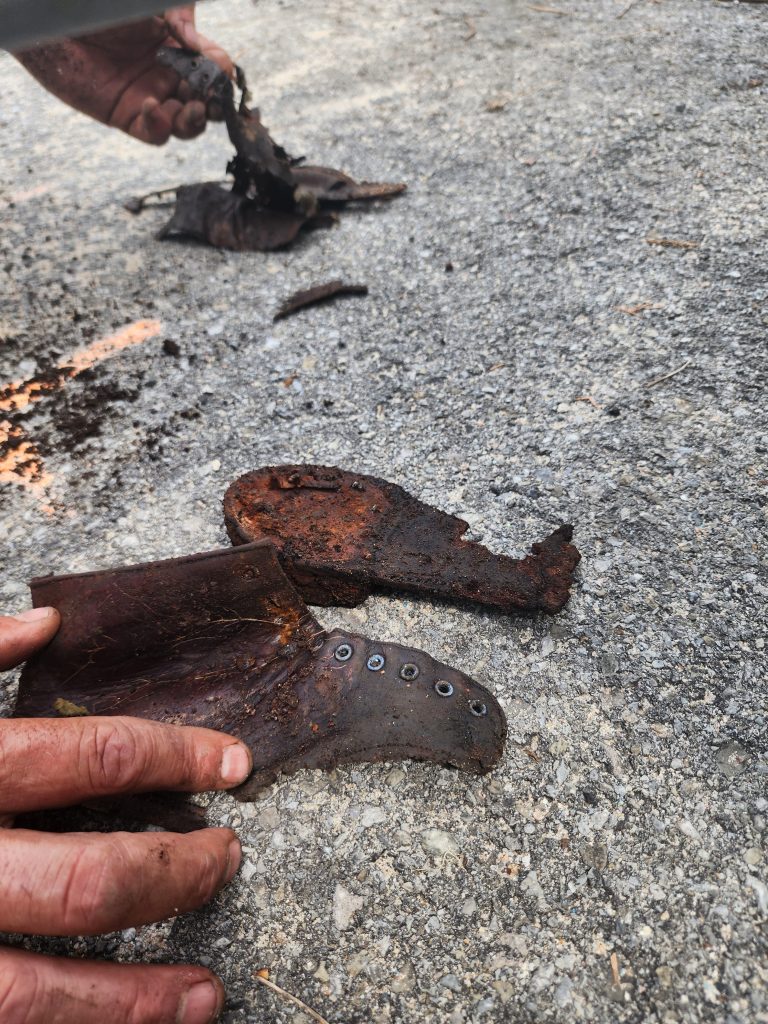
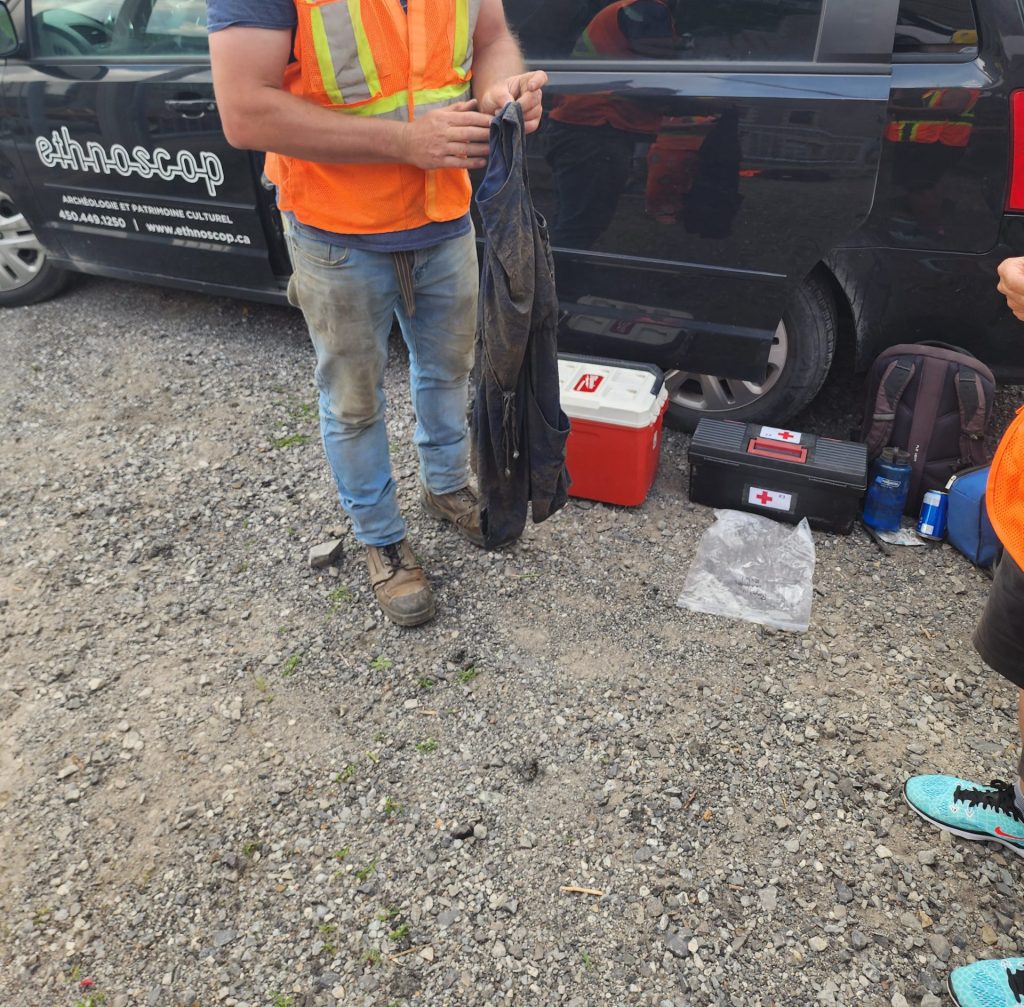
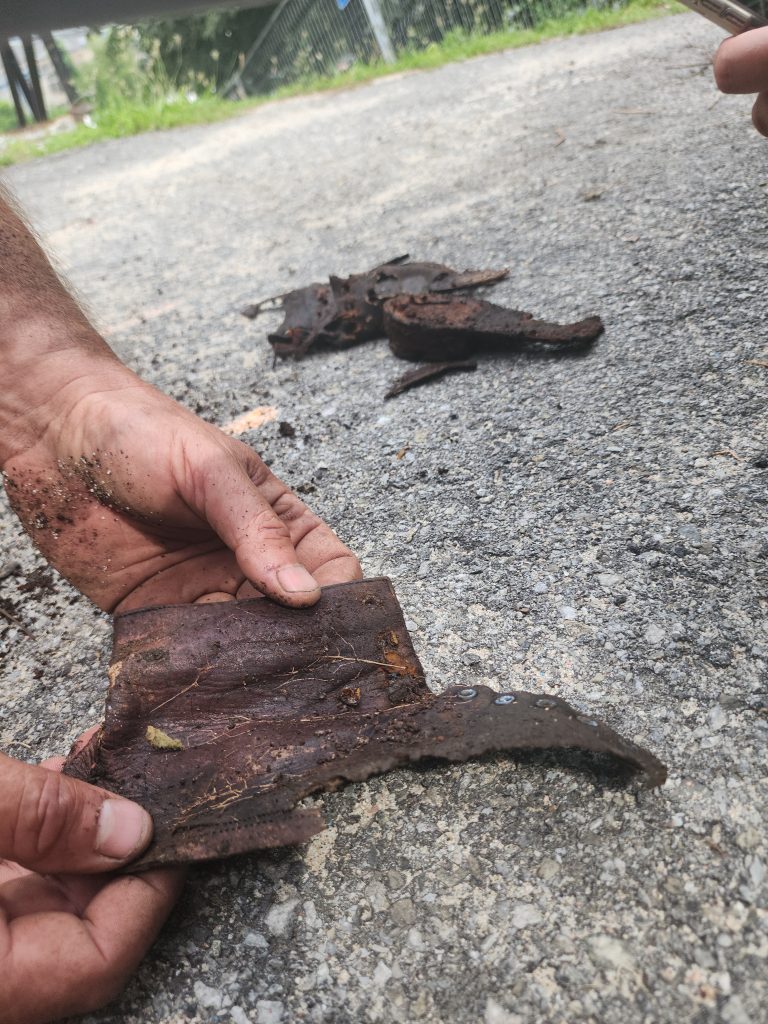
“If there are families out there that have long-lost people, perhaps they’re here and someone has that information of what has happened here, and that’s being denied from us and not just the Kahnistensera, it’s being denied from the public and this needs to be addressed,” adds Kwetiio.


